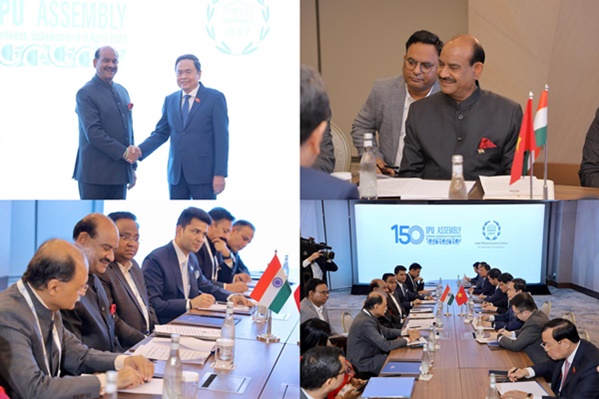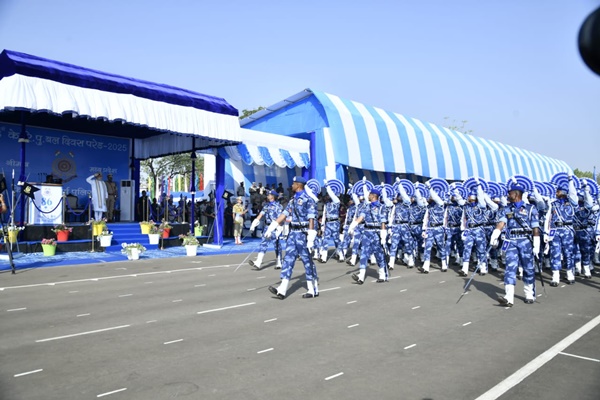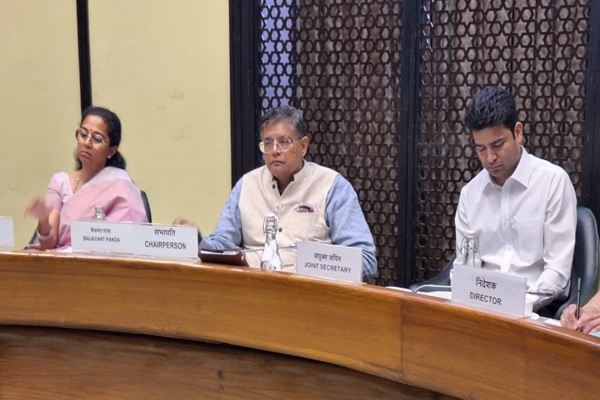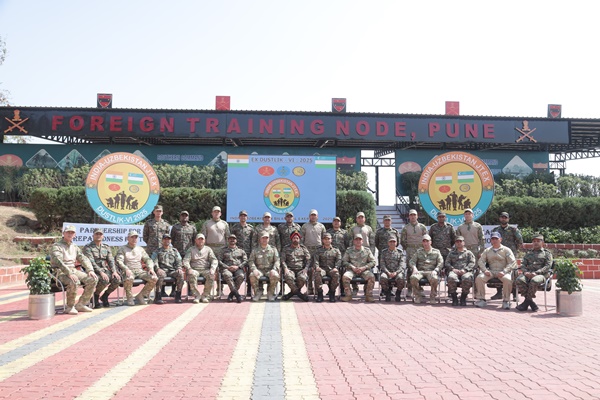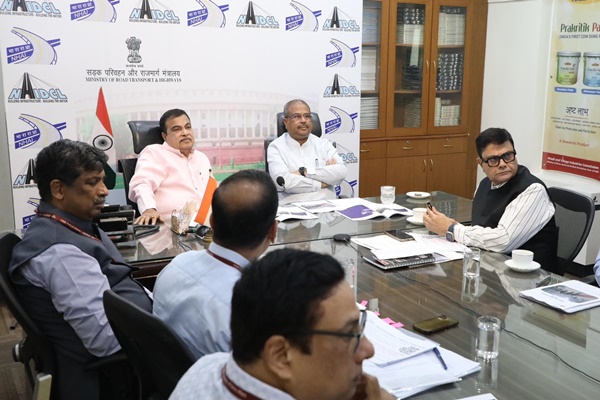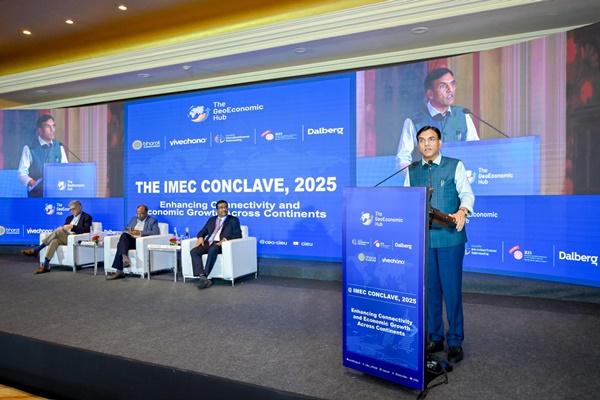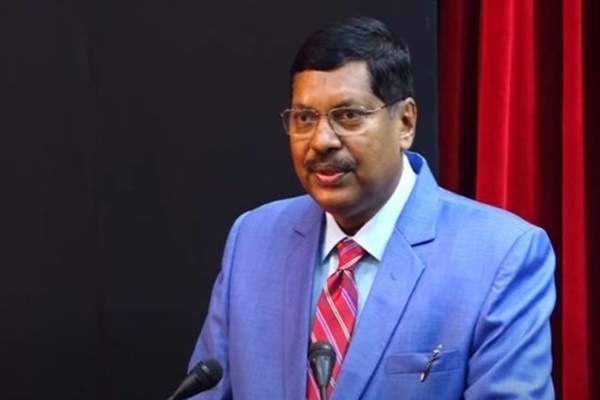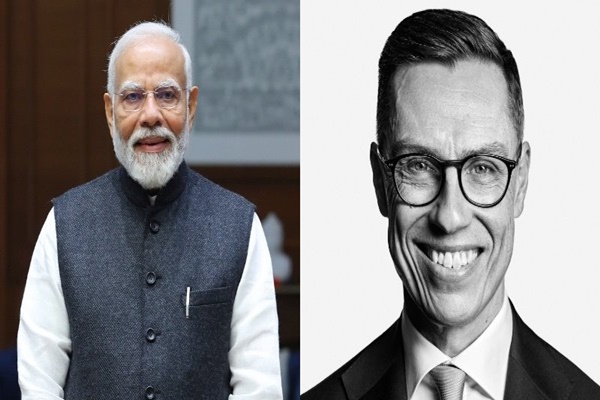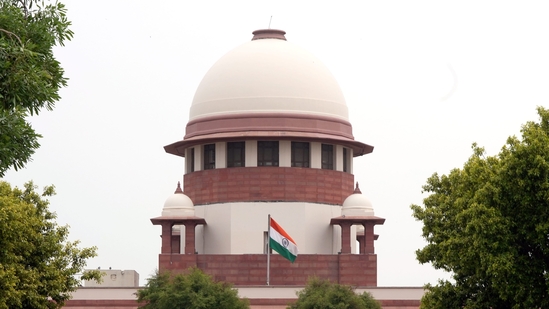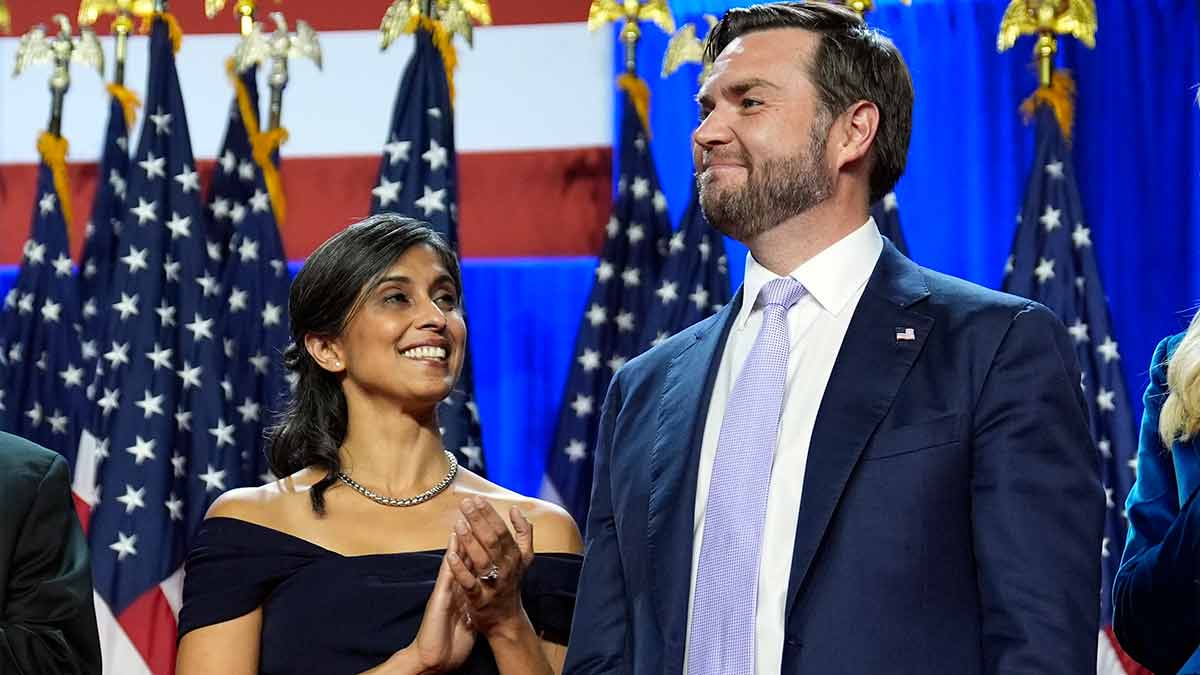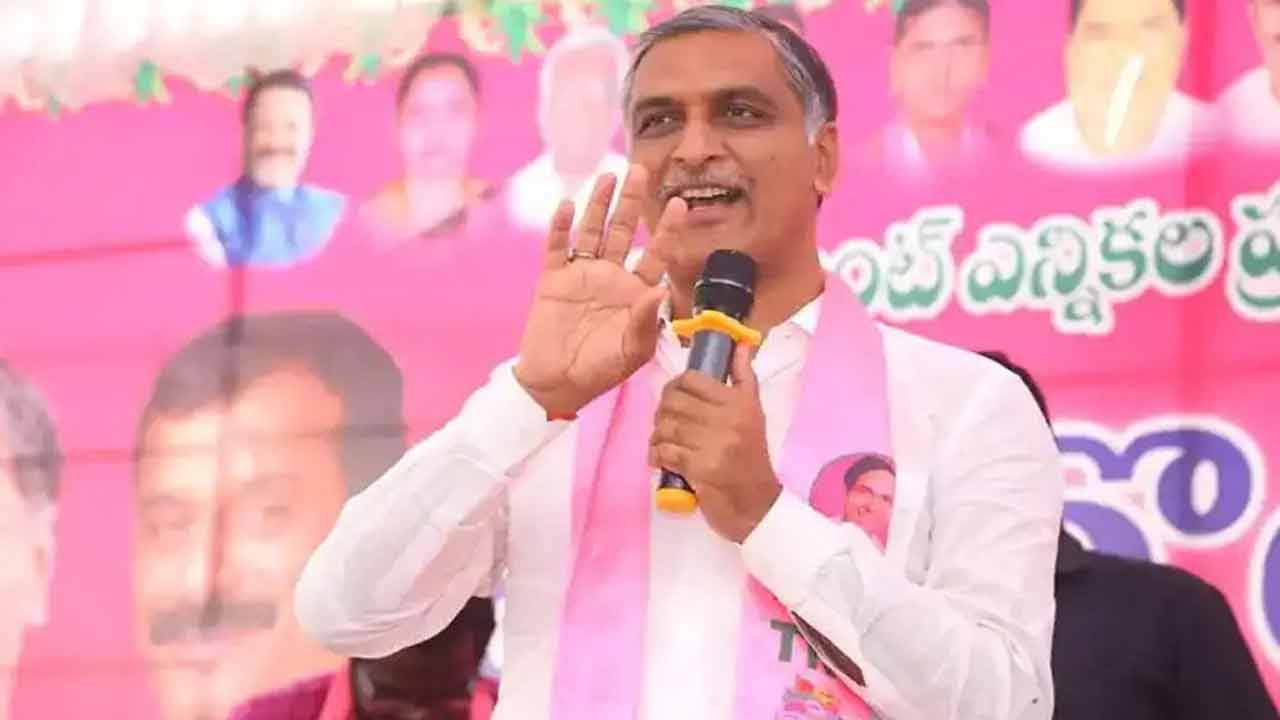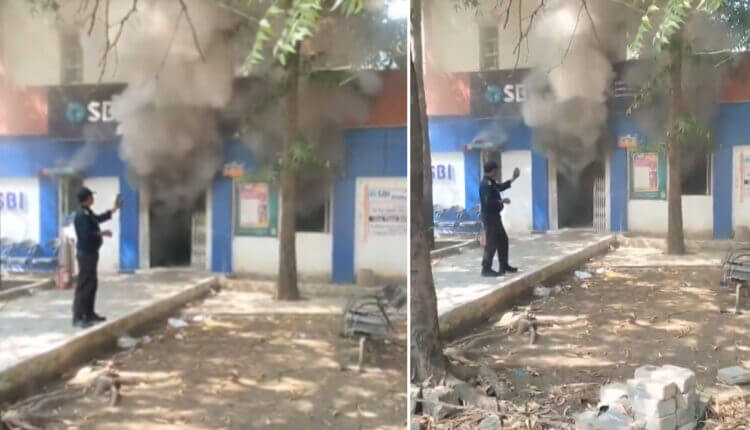Modi, Obama save civil nuclear deal
Mon 26 Jan 2015
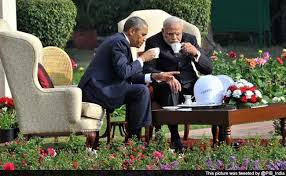
New Delhi, January 26,2015 (Agencies) Prime Minister Narendra Modi and United States President Barack Obama on Sunday broke the logjam over commercial implementation of the landmark civil nuclear cooperation agreement their predecessors had inked in 2008.
“I am pleased that six years after we signed our bilateral agreement, we are moving towards commercial cooperation, consistent with our law, our international legal obligations, and technical and commercial viability,” Modi announced after a meeting with Obama, who commenced his three-day visit to New Delhi on Sunday.
The two leaders' interventions helped New Delhi and Washington reach “understandings” not only over “administrative arrangement” for implementation of the civil nuclear cooperation agreement but also on the vexed issue of liability.
“Today, we achieved a breakthrough on two issues that were holding up our ability to advance civil nuclear cooperation, and we are committed to moving towards full implementation,” said Obama, who will become the first US president to attend the Republic Day ceremony as chief guest on Monday.
Obama and Modi on Sunday also renewed the bilateral Defence Framework Agreement for 10 more years, and agreed to pursue co-development and co-production of specific advanced defence projects. They also agreed to restart talks on the Bilateral Investment Treaty. Both New Delhi and Washington, however, highlighted the breakthrough in implementation of the nuclear deal as the biggest outcome of Obama’s second meeting with Modi.
The “administrative arrangement” breakthrough came after Obama told Modi that the US was ready to drop its demand for right to monitor use of any material in a nuclear reactor built by its companies in India.
New Delhi’s proposal for an
“insurance pool” led by General Insurance Company of India to cover liability of operators and suppliers, and its promise to issue a clarification from the Attorney General’s office to address US suppliers concerns resolved the liability logjam. The prime minister on Sunday noted that the civil nuclear agreement was the “centrepiece of the transformed relationship” between India and the US, and demonstrated “new trust” between the two nations.
“insurance pool” led by General Insurance Company of India to cover liability of operators and suppliers, and its promise to issue a clarification from the Attorney General’s office to address US suppliers concerns resolved the liability logjam. The prime minister on Sunday noted that the civil nuclear agreement was the “centrepiece of the transformed relationship” between India and the US, and demonstrated “new trust” between the two nations.
Modi and Obama predecessors—Manmohan Singh and George W Bush—had in 2008 signed the agreement.
The last six years, however, saw little progress in its commercial implementation, as several US companies raised concerns over India's Civil Liability of Nuclear Damage (CLND) Act. Section 17(b) of the Act allows operators of a nuclear plant to claim damages from suppliers in case of a mishap due to a “patent or latent defect” in the equipment supplied or sub-standard services rendered by them.
The government in 2011 brought in Rule 24 while framing rules for the CLND Act, limiting liability in terms of amount (to Rs 1,500 crore or value of contract, whichever is lower) or time (five years or product liability period, whichever is longer).
While GIC and four other Indian nuclear companies would contribute Rs 750 crore to the proposed “insurance pool”, an equal amount would be contributed by the government, Ministry of External Affairs Joint Secretary Amandeep Singh told journalists on Sunday.
New Delhi on Sunday also assured Washington that the office of the Attorney General would issue a note of clarification on behalf of the Indian government to address concerns of US companies over Section 46 of the CLND Act, which, some have argued, did not protect operators and suppliers from other civil claims, and thus made their liability potentially unlimited.
No Comments For This Post, Be first to write a Comment.
Most viewed from Specials
Most viewed from World
AIMIM News
Latest Urdu News
Most Viewed
May 26, 2020
Do you think Canada-India relations will improve under New PM Mark Carney?
Latest Videos View All
Like Us
Home
About Us
Advertise With Us
All Polls
Epaper Archives
Privacy Policy
Contact Us
Download Etemaad App
© 2025 Etemaad Daily News, All Rights Reserved.












